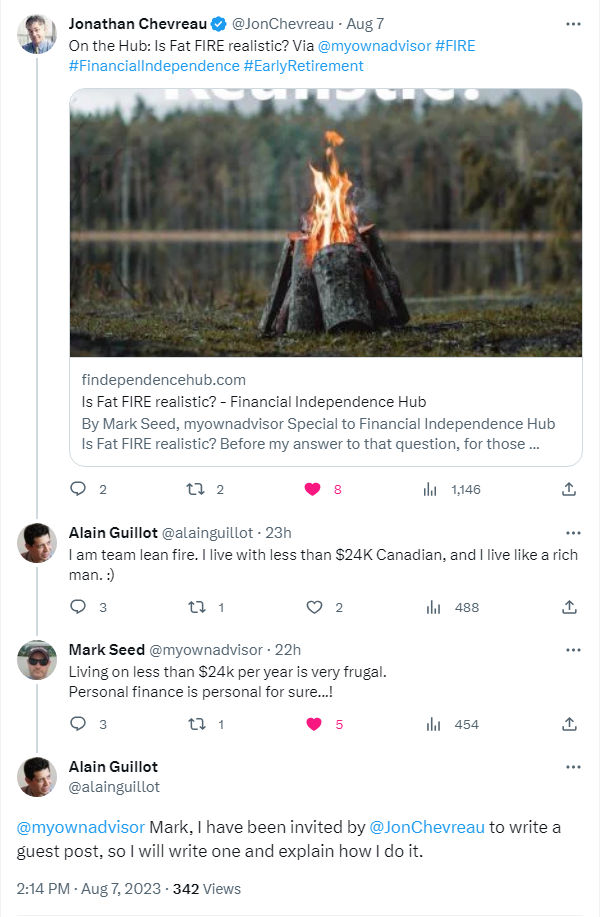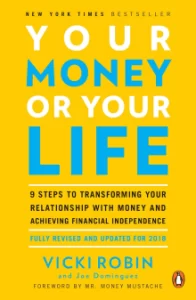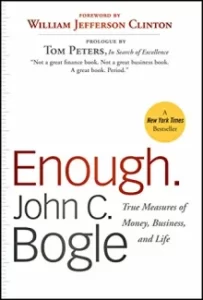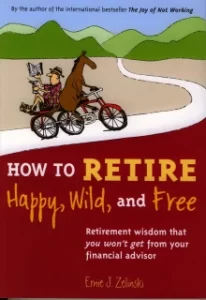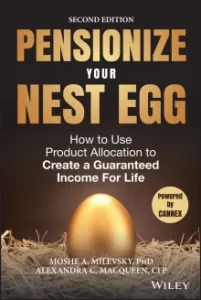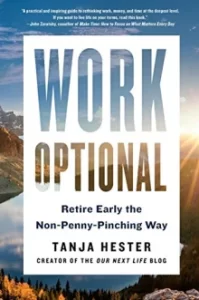
In this article, we’ve gathered seven effective strategies from founders and investment bankers on how to pay off significant debt while striving for financial independence. From embracing the “Snowball Method” to prioritizing high-interest debts, these experts share their personal approaches to achieving a debt-free life.
- Embrace the “Snowball Method”
- Achieve F.I.R.E. through Diversified Income
- Reverse Order your Debt Payment Strategy
- Utilize the “Debt Snowflake Method”
- Consider Debt Settlement Options
- Budget and Start a Side Hustle
- Prioritize High-Interest Debts
Embrace the “Snowball Method”
In my journey to financial independence, I’ve found the “Snowball Method” to be an effective strategy for paying off significant debt. It’s like rolling a snowball down a hill; you start small and gain momentum.
I began by paying off the smallest debts first, regardless of interest rates. The psychological boost of eliminating a debt was a powerful motivator, propelling me to tackle the next one. It’s akin to cleaning a cluttered room; you start with one corner and before you know it, the entire room is clean.
This method may not be the fastest or the one that saves the most money in interest, but it’s the one that kept me going, and that’s what matters in the end. It’s not just about the numbers, it’s about the journey and the habits you build along the way. — James Allen, Founder, Billpin.com
Achieve F.I.R.E. through Diversified Income
I am an advocate of the F.I.R.E. movement, having both personal and professional experience with personal finance. I pursued F.I.R.E. because I wanted to follow my interests outside of my 9-to-5 job. I wanted to live a great life while exploring the world and spending more time with family and friends. Most importantly, I didn’t want to worry about finances all my life!
After making wise financial decisions over the years, I could leave my high-stress finance job in July 2019 to pursue my side hustles full-time. What I did was to diligently add to my emergency fund and invest as much as possible. In the first half of 2020, my partner and I could pay off $57,000 in debt, and we are now debt-free. I am now a full-time entrepreneur, with my businesses and side hustles generating a combined multi-six-figure per year income. — Samantha Hawrylack, Founder, How To FIRE
Reverse Order your Debt Payment Strategy
One strategy that has worked for me is to pay off my debt in the reverse order in which it was accrued. This means that I paid off the smallest debt first, and then worked my way through the rest of my debt: the highest interest rate last.
The reason I did this was because it made me feel empowered and focused. I would think about how much money I was saving by paying off one bill early, and then use that motivation as fuel to keep going. — Jaanus Põder, Founder and CEO, Envoice
Utilize the “Debt Snowflake Method”
One effective strategy that helped me pay off significant debt while striving for financial independence is the “Debt Snowflake Method.”
While the “Debt Snowball Method” is more well-known, the Debt Snowflake Method involves finding small, everyday ways to save or earn extra money and immediately using those funds to make additional debt payments. It might seem insignificant, but consistently directing small amounts toward debt can add up surprisingly quickly.
For example, I would take advantage of cash-back apps, sell items I no longer needed, or even offer small freelance services during my free time. Every little contribution would go directly towards my debt, creating a snowflake effect that accelerated my debt payoff journey. Continue Reading…


